Applications of Tungsten Alloy Counterweights in Consumer Electronics
- Details
- Category: Tungsten Information
- Published on Wednesday, 29 October 2025 14:20
- Written by Xiaoting
- Hits: 5
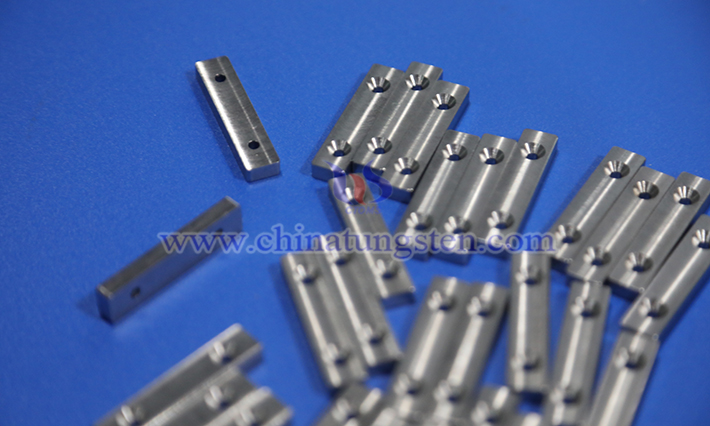
In the consumer electronics field, tungsten alloy counterweights play a significant role in enhancing product performance, optimizing user experience, and meeting green design requirements due to their high density, high strength, and excellent corrosion resistance. Consumer electronic products such as smartphones, smartwatches, earphones, and game controllers have high demands for weight distribution, space utilization, and electromagnetic compatibility, making tungsten alloy counterweights, with their unique physical properties, an ideal choice for compact designs and premium features.
Read more: Applications of Tungsten Alloy Counterweights in Consumer Electronics
Applications of Tungsten Alloy Counterweights in Industrial Equipment
- Details
- Category: Tungsten Information
- Published on Wednesday, 29 October 2025 14:16
- Written by Xiaoting
- Hits: 5
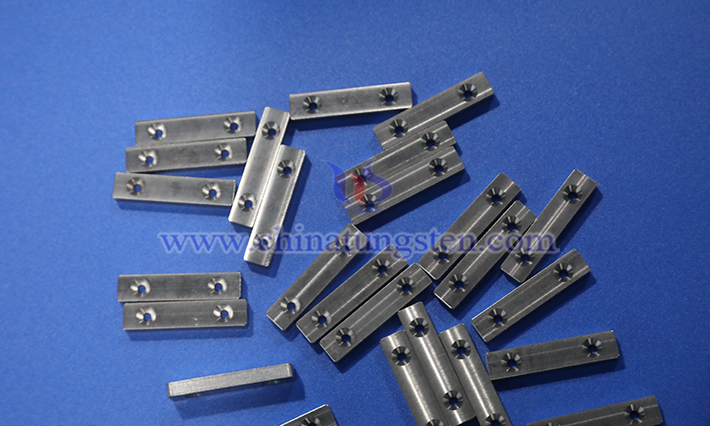
In the industrial equipment field, tungsten alloy counterweights, due to their high density, high strength, excellent corrosion resistance, and wear resistance, serve as key components in dynamic balance systems for CNC machine tools, industrial robots, and other heavy equipment. Tungsten alloy counterweights optimize weight distribution, effectively reducing vibration and mechanical stress, improving machining accuracy, equipment stability, and service life.
Read more: Applications of Tungsten Alloy Counterweights in Industrial Equipment
Applications of Tungsten Alloy Counterweights in Medical Equipment
- Details
- Category: Tungsten Information
- Published on Wednesday, 29 October 2025 14:09
- Written by Xiaoting
- Hits: 6
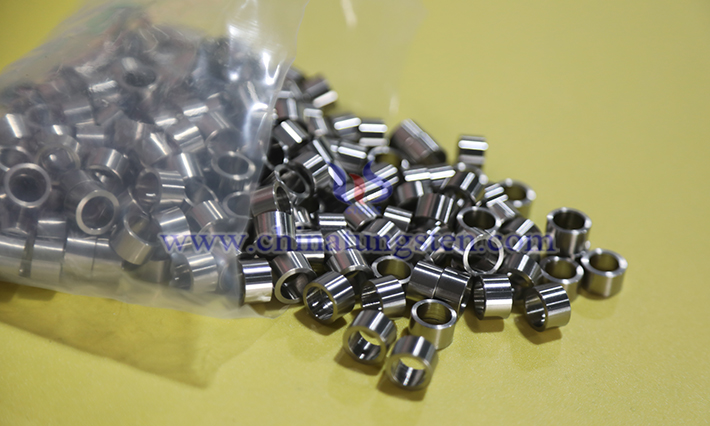
In the medical equipment field, tungsten alloy counterweights play a critical role in radiotherapy devices, diagnostic instruments, and high-precision surgical instruments due to their high density, non-toxicity, non-radioactivity, and excellent radiation shielding capabilities.
Read more: Applications of Tungsten Alloy Counterweights in Medical Equipment
Applications of Tungsten Alloy Counterweights in Precision Instruments
- Details
- Category: Tungsten Information
- Published on Wednesday, 29 October 2025 14:13
- Written by Xiaoting
- Hits: 5
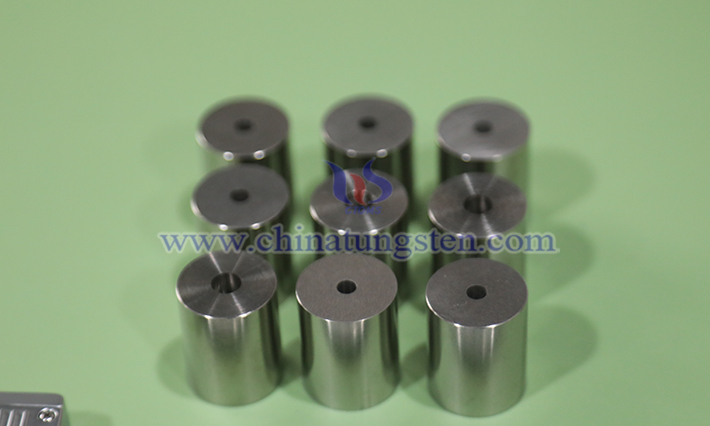
Precision instruments require high accuracy, stability, and durability in counterweights, and tungsten alloy counterweights, with their high density and small volume, have become the preferred material in this field.
Read more: Applications of Tungsten Alloy Counterweights in Precision Instruments
Applications of Tungsten Alloy Counterweights in Automotive Field
- Details
- Category: Tungsten Information
- Published on Wednesday, 29 October 2025 14:06
- Written by Xiaoting
- Hits: 4
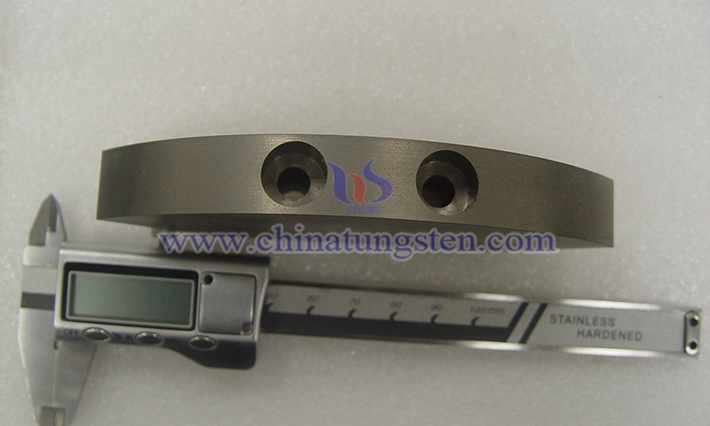
Tungsten alloys, with their high density (17-18.5 g/cm³), high strength (tensile strength up to 900-1200 MPa), and excellent corrosion and wear resistance, serve as critical components for optimizing power transmission, stability, and efficiency in automobiles.
Read more: Applications of Tungsten Alloy Counterweights in Automotive Field





 sales@chinatungsten.com
sales@chinatungsten.com